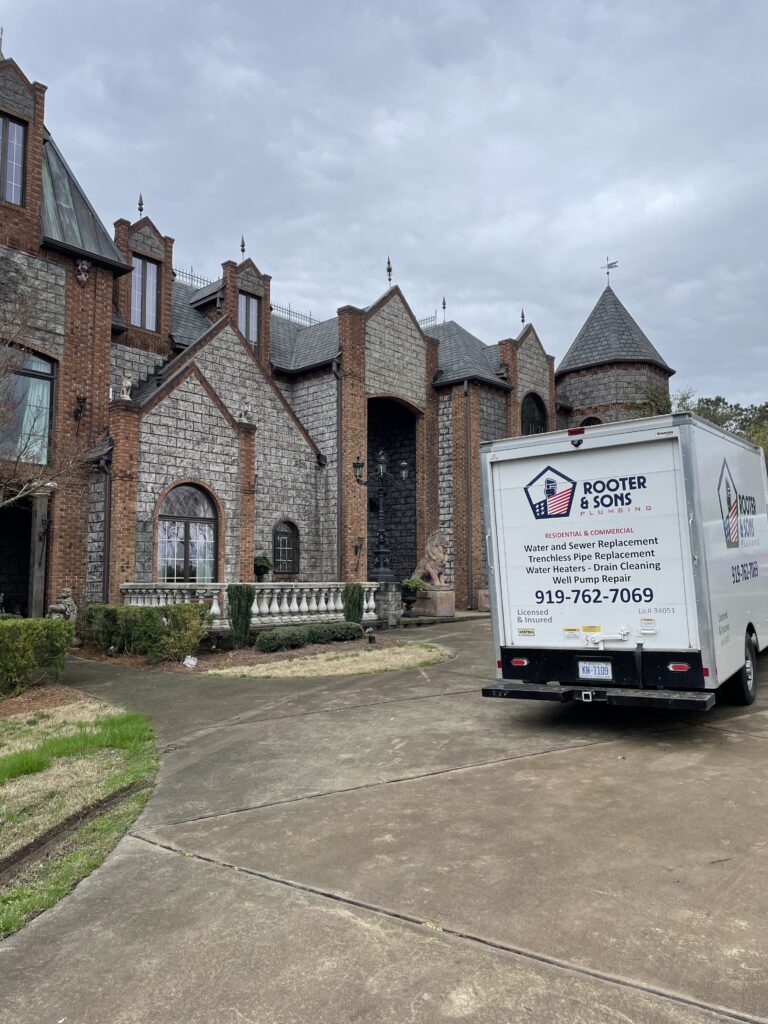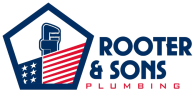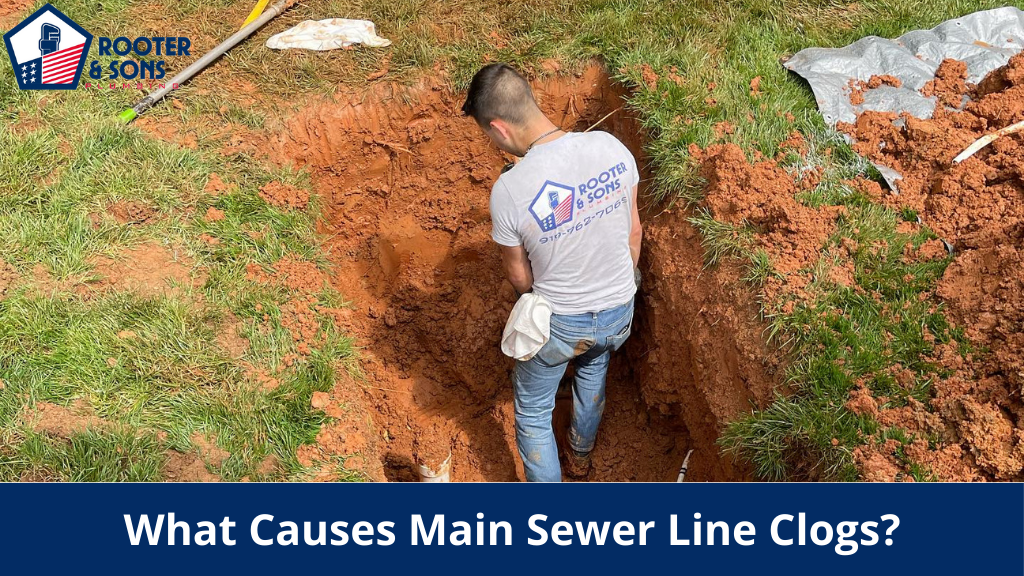Your entire plumbing system connects to your main sewer line. It is the core passageway that channels all of the waste and debris coming from toilets, tubs, sinks, drains, and the like out of your home and into the main sewer under the street.
When this plumbing line gets clogged up, you may experience backed-up sewage sprouting up from your floor drain and causing water damage to your property. There are many causes of main sewer line clogs and we’ll explore the most common ones today. We also discuss how to unblock a main drain line and quickly mitigate any backflow to reduce damage.

What Are The Common Causes of Main Sewer Line Clogs?
Pipe Damage
For your plumbing system to work efficiently, all pipes have to be fully functional and in good shape. If any sewer pipes have ruptured or cracked, the system is incapable of properly draining to the main line.
The leading causes of pipe damage include shifting soil, settling soil, heavy load above ground, corrosion, broken seals, and the like.
Sagging Sewer Line
Sagging sewer lines occur when soil conditions are not favorable. This can naturally happen over time, and when not addressed properly, can collect waste within the low spot of the pipe.
Infiltration of Tree Roots
This is not as common in modern sewer lines but is rampant for older pipes that have been constructed out of clay or other porous materials. No matter the urban development surrounding it, trees will continually grow over time and they naturally search for water sources as the roots extend. Should the roots latch onto an older, porous sewer pipe, they can grow inside it to access the water. Eventually, the sewer line breaks when the roots expand.
Foreign Objects
This applies to both toilets and the sink.
The only acceptable materials to go down the toilet are human waste and limited amounts of toilet paper. Anything else can easily cause it to clog and the toilet water to rise out of the bowl.
Similarly, pouring grease, oil, and other kinds of fat down the sink can clog drains. Running water down the drain as you pour these products will not help it go down. Grease can stick to pipes; the more you do, the more layers build up until the hole is closed.
How Do You Unblock A Main Drain Line
For simple blocked drains within the home, there are multiple easy fixes to apply that can get your pipes working again. However, unblocking a main drain line is tricky and will need a professional plumber in Cary, NC to effectively resolve.
If you want to first attempt a DIY fix, these steps can help:
- Slowly loosen the main drain cleanout cap, which should be a small pipe sticking a few inches out of the ground. Before you remove the cap, allow it to sit loose for a few seconds to prevent sudden sewage sprouting up.
- Remove the cap and step away from the pipe, allowing any waste buildup to come out.
- When it settles, insert the correct type of pipe snake until you reach the clogged area.
- Run the pipe snake until there is no resistance and water buildup has gone down.
- Once down, leave the snake pipe inside while hosing it down to give it a thorough clean.
- Gently put the sewer cleanout cap back.
Conclusion
Clogged main drain lines can be difficult to completely clean out. It is also essential to keep the pipes intact and not damage the structure while applying pressure. For a safer, more efficient way to unclog main sewer lines, invest in the best plumbing company in Cary, NC, Rooter And Sons Plumbing.

